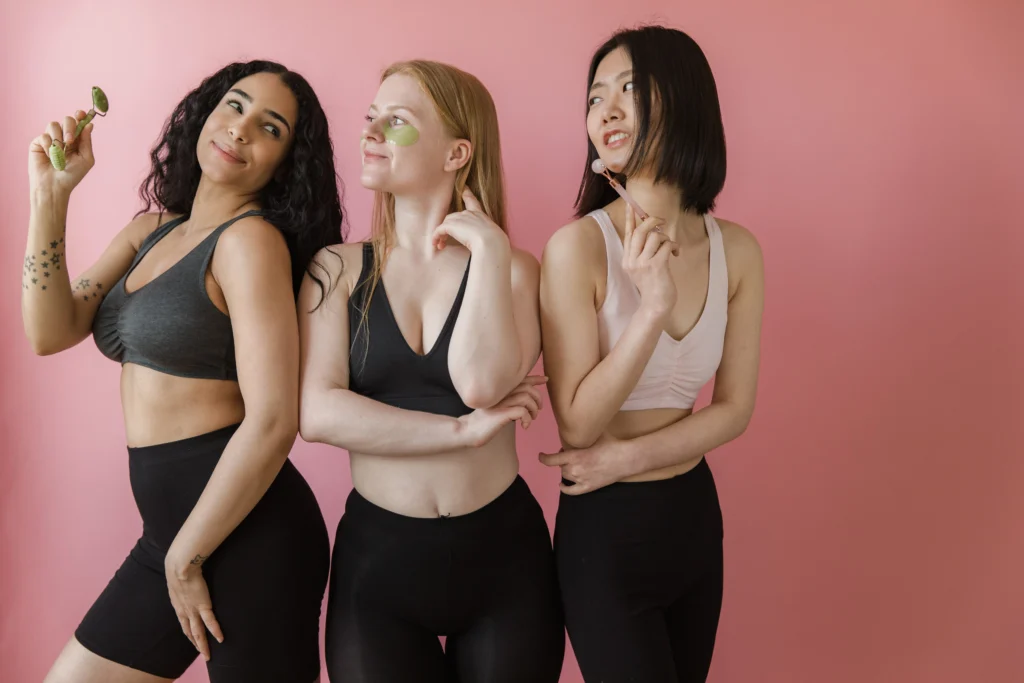Menopause. The word alone can spark all kinds of emotions—fear, confusion, even frustration. But what if we told you that menopause is not something to dread, but rather a natural and powerful transition? It’s time to take back control of the narrative and approach this phase with knowledge, confidence, and even a little excitement.
What Is Menopause, Really?
Menopause isn’t a disease or something to be “fixed.” It’s the biological process that marks the end of your reproductive years. Officially, menopause is diagnosed when a woman has gone 12 consecutive months without a period. It typically occurs between the ages of 46 and 55, with the average age being 52. However, some women may experience menopause in their 30s or even as late as their 60s.
Natural vs. Induced Menopause
- Natural Menopause: Occurs when your ovaries run out of egg cells (follicles), leading to a drop in estrogen levels. This hormonal shift triggers the symptoms commonly associated with menopause.
- Induced Menopause: Can happen suddenly due to surgical removal of both ovaries, chemotherapy, or radiation therapy.
The Road to Menopause: What to Expect
Before menopause, there’s a transition phase called perimenopause—which can start in your 40s. You might notice:
✔️ Irregular periods (longer or shorter cycles)
✔️ Heavier or lighter flow
✔️ Skipping periods altogether
Common Symptoms: Why Every Woman’s Experience Is Unique
Some women breeze through menopause with hardly a symptom. Others experience intense changes, including:
🔥 Hot flashes and night sweats
😴 Sleep disturbances
🌪️ Mood swings
💪 Joint aches and body stiffness
💧 Vaginal dryness and changes in libido
No two menopause journeys are alike. The key? Understanding your body and knowing that you are not alone.💬 Let’s Talk About It!
How has menopause (or perimenopause) been for you so far? Share your experiences in the comments and let’s break the silence together! 👇









